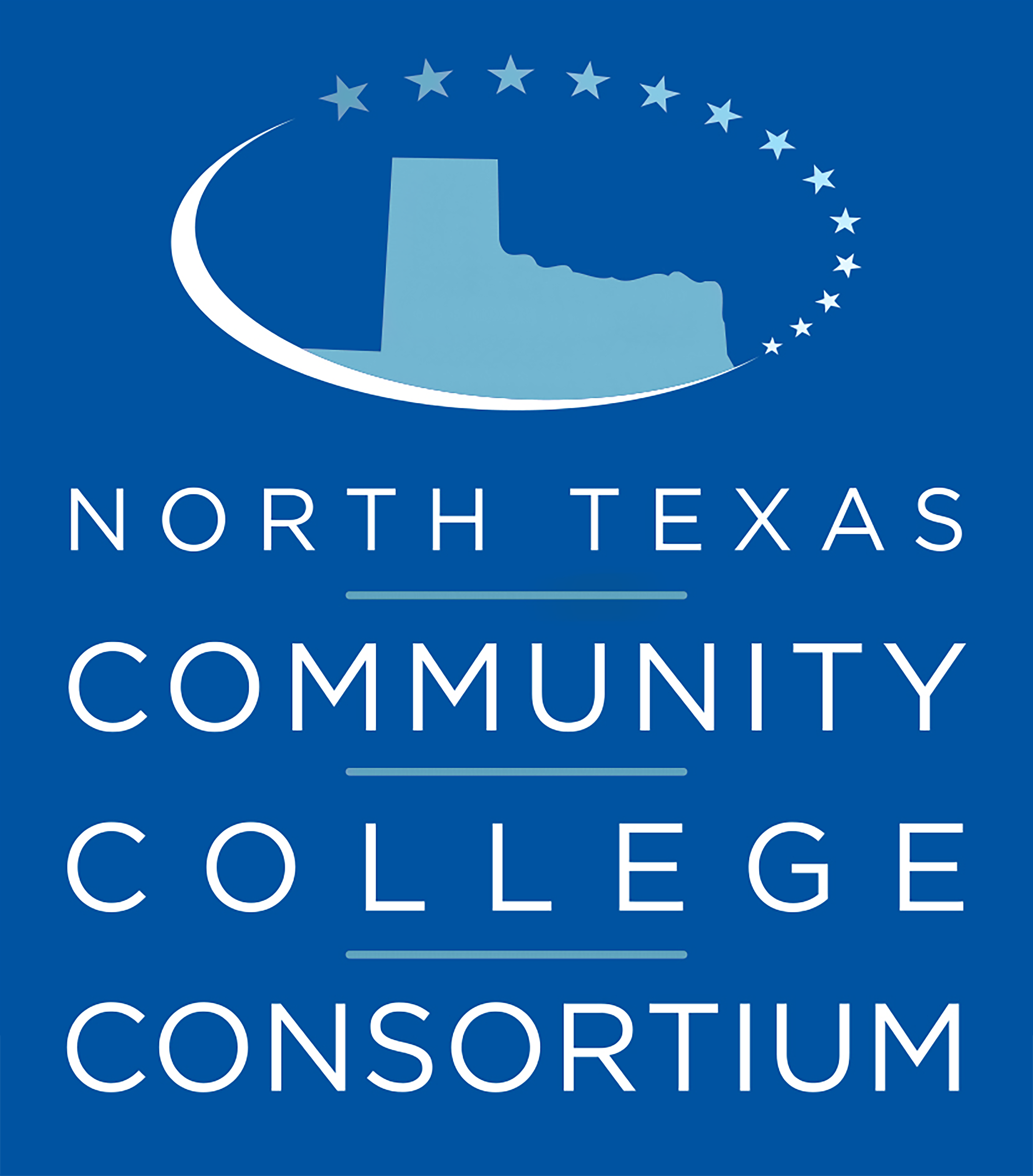Presented at: 3rd Annual Instructional Innovation Conference
Active Learning in a Required Lower-Division Class
Session Description
We will look at using active learning techniques in the classroom to help students learn both the content of the class as well as "soft skills" such as communication and critical thinking that are now being highlighted throughout the core curriculum.
Session Goals
After this presentation, attendees will be more comfortable integrating low-stakes assignments throughout their courses intended to use active learning and help develop the communication critical thinking skills of their students
Full Description
"Depending on institution, or even state, there are certain classes that all undergraduate students are required to take. In Texas, for example, all students wishing to graduate with a degree from a public two- or four-year college or university must successfully complete two political science courses: Introductory American Government and Texas Government. At other institutions, there will still be required courses, but students can choose from a list of courses that would fulfill a general education requirement or core education requirement. Required lower-division courses, such as Introductory American Government, present some opportunities to be more than a service class, or simply one more requirement that the students have to check off of the list before they can graduate. It’s in the core classes that emphasis is often placed on “soft skills†or marketable skills. We have all heard about the push for increased focus on “soft skills†and marketable skills from employers, college and university administrators, as well as accreditation bodies. This emphasis on these “soft skills,†such as the Texas Higher Education Coordinating Board’s Marketable Skills Goal of the 60X30TX Higher Education Plan (http://www.60x30tx.com/), often leaves faculty flummoxed in terms of how can we stay true to our needs to present the necessary content in a pedagogically sound and appropriate way, yet at the same time also work on developing the “soft skills†we must now include or highlight throughout the course. In a political science class, how do you approach key elements—particularly developing written communication skills—in a course that is often taken before students have taken the introductory composition course or, how can you reinforce those skills? Utilizing active learning techniques in the classroom can satisfy both of these needs. Bonwell and Eisen (1991) define active learning as “anything that involves students in doing things and thinking about the things they are doing†(p. 1). Chickering and Gamson (1987) note that “Learning is not a spectator sport. Students do not learn much just by sitting in class listening to teachers, memorizing pre-packaged assignments, and spitting out answers. They must talk about what they are learning, write about it, relate it to past experiences, apply it to their daily lives. They must make what they learn part of themselves†(p. 3). This paper will explore the use of active learning assignments deployed throughout the semester to allow the students to not only apply the course concepts, but also to practice both critical thinking and communication skills. While each assignment is built so that it can be completed within one class session, it builds upon the content from the previous class session. If we covered political parties in a lecture and discussion in the previous class, the class activity would be about political parties. These types of assignments can be built to suit a wide variety of topics, and since they are intended to be completed within the classroom, they offer a great deal of flexibility that is often missing with longer assignments. These types of assignments also allow students multiple opportunities to practice these skills, yet are short enough so that they do not take very long to grade. Presenting the students with multiple opportunities to engage in smaller, and low-stakes, assignments throughout the semester serves to meet the goals of setting up an active learning classroom while also allowing the students to practice the skills of critical thinking and communication throughout the semester. "
